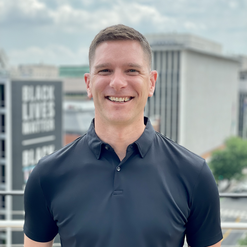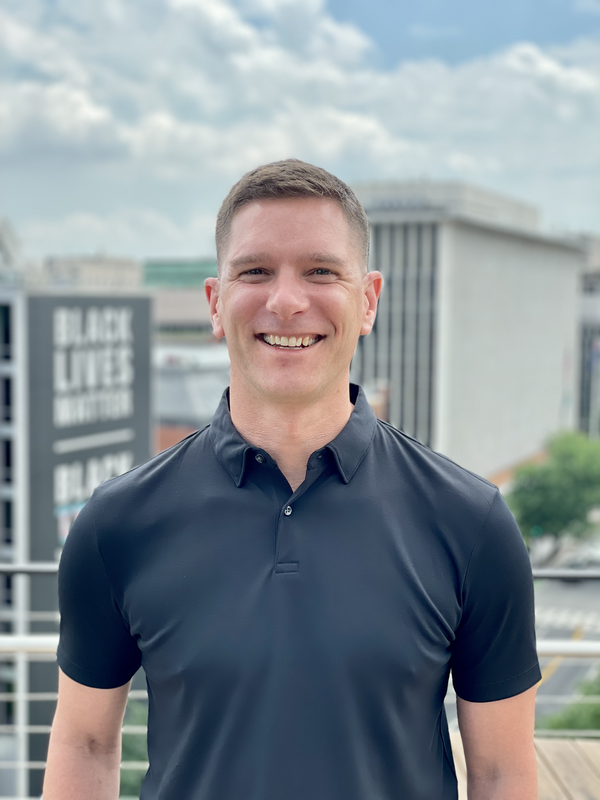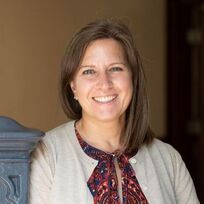Here’s how it works.
Get a group of colleagues together who work on a shared problem. But, instead of asking for a “brainstorming” of potential great solutions, ask the group to spend 15-20 minutes collecting the worst possible ideas for solving the problem. No bad idea is off the table. There is no bridge too far. The worse idea the better. Then, have the group select the worst of the worst possible solutions, and take 15-20 minutes to unpack the horrible idea, and see whether there is a nugget of truth that’s embedded in the bad idea. Can that nugget be turned into a good idea? Chances are it can. Perhaps you are worried about grade inflation at your school, and the worst idea that you come up with is to let parents grade their kids work. Awful idea, I think we can all agree, Academic Leaders. But, this awful idea may unlock new ideas relating to more transparency in the grading process so that anyone grading student work would come to the same grade (perhaps even if the parent was grading the work!). There are many benefits to this approach. The first of which is that you’ll find quickly that humor has entered the space. When I recently did this exercise there were howls of laughter coming from every table in the room. The approach also unlocks creativity, and alleviates pressure from having “the right idea.” Give it a try the next time your team is solving a problem.
0 Comments
We all know, the COVID pandemic has been incredibly difficult for anyone in education, and particularly teachers. This has led to fewer new teachers entering the job market, fewer college students pursuing education degrees, and more teachers quitting their jobs. Eventually, this will drive up teacher salaries nationwide, if it hasn’t already in your area. This is great. Historically, teachers have been undercompensated. Hiring teachers will get harder and harder This will cause additional strain on the independent school business model The teacher salary model will change in many schools As Academic Leaders, we know that hiring is getting harder and harder each year – many of you tell me that hiring is now a year-long, neverending project. Almost everyone reports smaller candidate pools with less strong applicants, particularly in subject areas where teachers have more choices outside of the profession (computer science, sciences, languages, etc.). If teaching salaries go up, the independent school business model will be challenged even more. Already (according to NAIS and NBOA), salaries and benefits account for 64% of expenses at the average independent school. This may move schools away from a traditional pay-step model to something new, especially for the hardest-to-fill teaching positions. Many schools are going to have to make difficult choices Resources are not unlimited. If teaching salaries rise, choices will have to be made that impact the school outside and inside the classroom. Student to teacher ratios may need to increase; schools may not be able to offer as deep a curriculum on campus; programs may need to be cut.
– I’m not, by nature, a pessimistic person. But, I do worry about the challenges ahead for Academic Leaders. And, I know that by working together in our incredible community, we’ll find creative, thoughtful solutions that center our values and center the learning experience of our students.
Even after 17 years in education and now toggling the past few years between both administrative responsibilities and classroom responsibilities, I still have trouble finding time to pause and reflect on my growth and progress, but it is this very space that offers the reflective judgment needed in order to grow. As campus leaders, I would assert that we have the obligation when faculty seek us out to provide an atmosphere which, in turn, opens the space for change - for our teachers and for us. Understanding that we have the power to create the space for change and to facilitate not only sustained but also desired change requires a foundational level of knowledge about how change works. Richard Boyatzis (2006), one of the leading experts in the field of leadership development and emotional intelligence and co-author of Helping People Change: Coaching with Compassion for Lifelong Learning and Growth (2019), has been working in the field of compassionate coaching for several decades. Drawing on longitudinal research, his work rests on five major discoveries for personal and professional growth:
At first glance, it may seem as if Boyatzis’ principles above have little to do with making one’s institution greater, bigger, more innovative, more [insert your own institutional characteristic here]. That is not the case at all. What Boyatzis is suggesting is this: When we allow space for people to find clarity around who they are, this knowledge, then, informs who they want to be. Their passions, combined with their purpose, values, and life experience, inform the image they create for themselves. In other words, as teacher-leaders and instructional coaches we have the opportunity to gift people the freedom to become who they want to become, not who we want them to become. And institutionally, this opens the pathway for innovation and design. We offer them a piece of our institution so that they may call it their own. So that they may belong. Figure 1. Components of the Ideal Self. Boyatzis and Akrivou, 2006, p. 627. While I don’t have all the answers to how we might effectively do this on our campuses, we might turn to those who are already offering routes into creating and establishing relationships for growth and change. In his book, The Coaching Habit: Say Less, Ask More, and Change the Way You Lead Forever, Michael Bungay Stanier offers one practical application route for faculty belonging through “the seven essential questions” of coaching conversations. Each question builds on the information from the previous one by offering the receiver a pathway to talk about what matters most to them – the actual thing before the thing.
Questions for reflection:
Additional Reading: Boyatzis, R., & Akivrou, K. (2006). The ideal self as the driver of intentional change. Journal of Management Development, 25(7), 624-642. https://doi.org/10.1108/02621710610678454 Boyatzis, R. E., Smith, M., & Van Oosten, E. (2019). Helping people change: Coaching with compassion for lifelong learning and growth. Harvard Business Review Press. Stanier, Michael Bungay. (2016). The Coaching Habit: Say Less, Ask More, and Change the Way You Lead Forever. Box of Crayons Press. As a part of our commitment to diversity, equity, inclusion, and justice, we’ll be recognizing observances and holidays that center the voices and experiences of historically excluded peoples in the United States. Our goal, as an educational organization, is to lift up the words of others who share our commitment to learning, and amplify LGBTQ+ voices.
Learn about the history of National Coming Out Day: Reporter Kate Sosin writes that “for many, the day holds deep personal and political importance. And its history would preview painful battles that LGBTQ+ people would continue to confront.” Recognize National Coming Out Day in your school and community: Access educator guides and resources from GLSEN, an organization working to “ensure that LGBTQ+ students are able to learn and grow in a school environment free from bullying and harassment.” We encourage you to seek out LGBTQ+ voices: In June, our CEO and Head of School, Brad Rathgeber, writes “In the face of backlash, it is imperative that Academic Leaders work to make sure that LGBTQ+ students feel welcome, safe, seen, and protected in our schools.” As a part of our commitment to diversity, equity, inclusion, and justice, we’ll be recognizing observances and holidays that center the voices and experiences of historically excluded peoples in the United States. Our goal, as an educational organization, is to lift up the words of others who share our commitment to learning, and amplify Native American voices. Learn about the history of Indigenous Peoples Day: Malinda Maynor Lowery (Lumbee), Director of the Center for the Study of the American South at UNC, describes The Native History of Indigenous Peoples Day. Recognize Indigenous Peoples Day in your school and community: Access resources and lesson plans for Indigenous Peoples Day at the Zinn Education Project. We encourage you to seek out Native American voices: In an interview with Learning for Justice, Dr. Debbie Reese (Nambé Owingeh) speaks about the need for authentic representation and culturally responsive teaching for Native students. "A strong sense of justice can form in a young child’s mind when they read books that tell the truth. When they grow into adulthood, that sense of justice can guide them in how they vote and where they work." - Debbie Reese on Book Bans and Native Representation |
Don't miss our weekly blog posts by joining our newsletter mailing list below:AuthorsBrad Rathgeber (he/him/his) Archives
July 2024
Categories |





 RSS Feed
RSS Feed